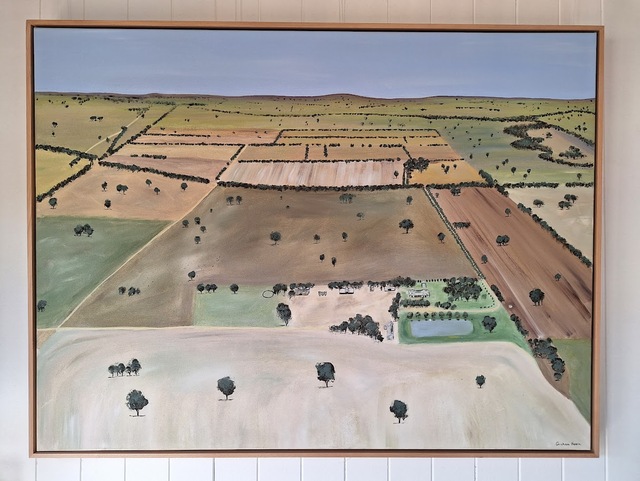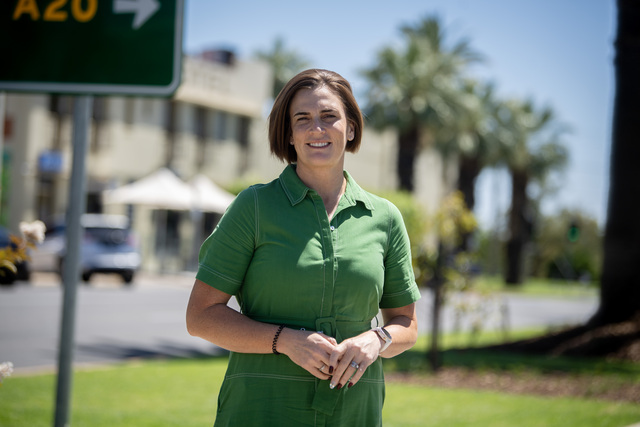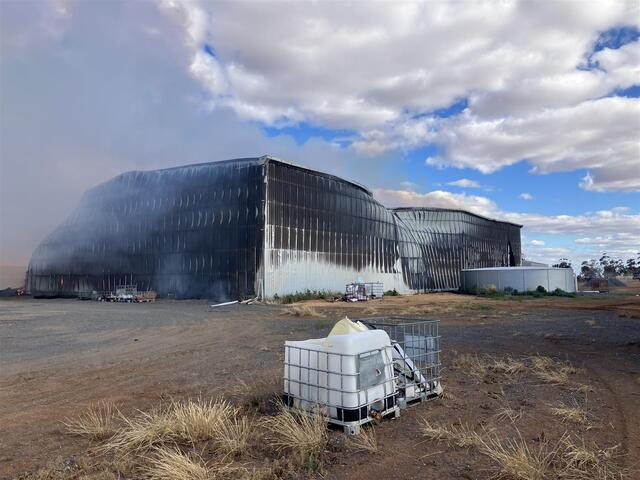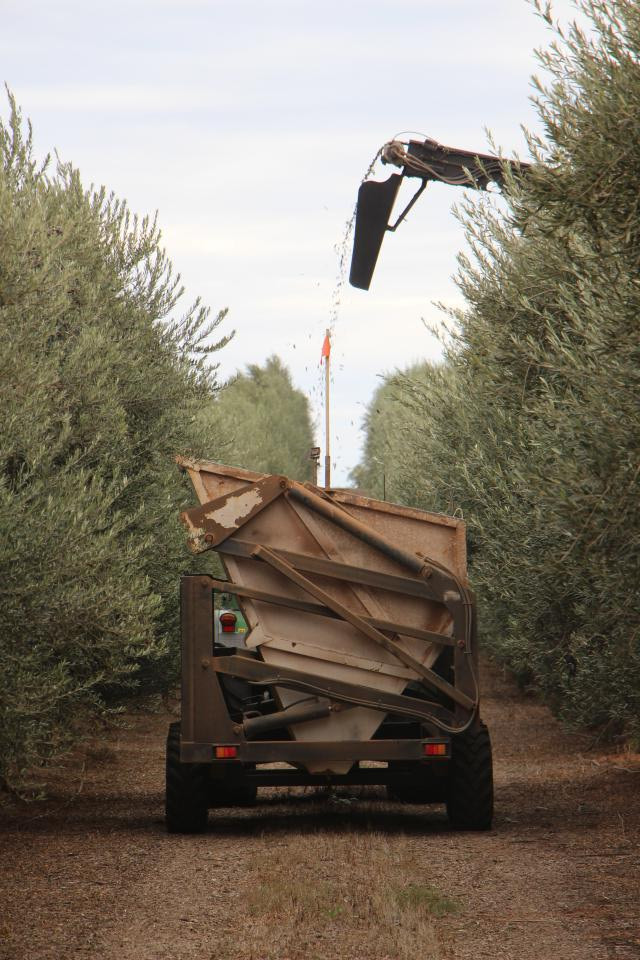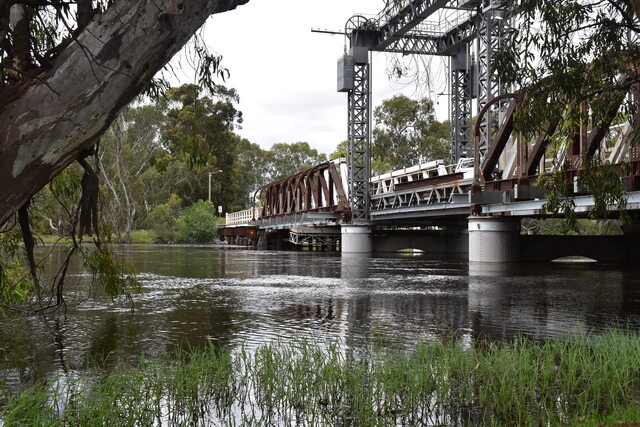PRECISION farming across much of Australia came to a temporary halt this week, after the unexpected failure of a satellite.
British company Inmarsat’s I-4 F1 satellite had an outage, disrupting GPS signals across swathes of the Asia-Pacific region for close to 48 hours.
One of the consequences was some GPS-enabled agriculture equipment used for precise sowing, fertilising and spraying could not access a correctional signal.
Without it, the high cost, high tech machines were unable to be guided to their usual degree of accuracy.
This accuracy is crucial for many farmers, who’ve invested heavily in efficient planting, prevention of seed overlap and the correct application of chemicals.
Product solutions specialist at Haeusler’s Mildura, Andrew Glare, said that with winter cropping under way, the disruption couldn’t have come at a worse time.
“We had plenty of satellites above us but we needed one to correct the signal, correct the positioning to be accurate,” Mr Glare said.
“It had potential to cause a lot of pain, a lot of lost money.”
Receivers on popular ag machinery brands Trimble, John Deere, Ag Leader and Case were among those affected.
Carwarp broadacre farmer Clay Gowers said he initially hadn’t realised it was a widespread issue when his GPS equipment began playing up.
He instead switched his Case sprayer and smartseeder to autonomous mode.
“We normally run an RTX system which is a sub-10cm accuracy, but we have the capability of switching that off and going autonomous, basically sub-metre (accuracy),” he said.
“It’s not as accurate but it gets us out of trouble if we have a few GPS issues.
“When I found out it was both machines that had become faulty, I thought it’s a bit bigger than we forgot to pay our subscription.”
He said running in autonomous mode was not ideal but, without the option, he’d have been forced to stop work during the correctional signal outage.
“The way we’re farming no, you wouldn’t drive by eye, its just not efficient,” Mr Gowers said.
“You burn way too much fuel and it’s just very fatiguing on workers.”
Mr Glare said his team fielded hundreds of calls from farmers who needed to maintain utmost precision in their operations.
“To get out of our issue we got our customers to lock on to (a correctional signal) over the Indian Ocean,” he said.
“We ran through it over the phone, case by case scenario if they were urgent for it.
“If they weren’t using it we didn’t want to change it because we knew it’d come back online, and then they’d have to reset it again.”








